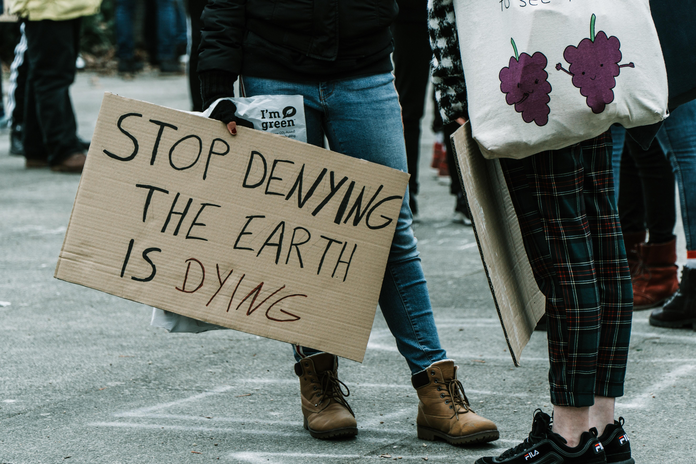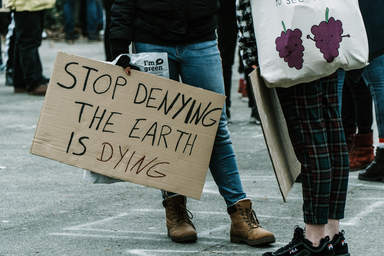Current Conservative Party leader Erin O’Toole has built his personal platform on notions of a new Conservative Party. One in which the far-right views of the past are loosened and a more progressive policy can begin to take form. Unlike those before him, O’Toole has vocalized his—albeit limited—support for LGBTQ2A+ rights, reproductive health care procedures, and the need for environmental reform. The issue, however, is that these words remain to be just that: words. The action necessary to foster change within the party is notably absent. Perhaps the antithesis of this was seen this past week, as the Conservative Party collectively decided that climate change is not a threat to this country, or, in fact, real at all.
Climate change, despite this decision, remains to be a very real threat. With the growing trends of temperatures rising, weather patterns changing, and sea levels rising, the effects of inaction are being felt much sooner than was originally estimated. The United Nations security council has declared climate change to be the largest international security threat, as it results in unstable access to essential resources sourced from land and water moving forward. Health Affairs deemed the domination of its threat to extend to global health as well. Scientists remain firm in their collective belief of the impending disaster given the current course of our climate. Even still, politicians have assumed a weary position on whether or not this phenomenon even exists.

Canadians have declared climate change as a top issue of concern. The 2019 election saw the issue climb exponentially in its priority to voters. 67% of voters agreed with the proposed climate policy brought forth by the Liberal party platform, while 37% believed that it did not go far enough. The decision made by the Conservatives therefore proves contradictory to the people they represent—so why was this choice made?
The vote itself is historic. The Conservative Party of Canada has now found themselves as the first political party to ever officially deny climate change. A proposed policy change that would simply introduce new “green friendly” language was the source of this vote. 54% of the delegates voted against and concluded that it was unnecessary to include in their agenda. Simply put, there are bigger issues at hand than climate. A delegate from Perth-Wellington would go as far as to say that they needed to focus on the bigger issues. The rejection of this policy wasn’t the only climate-related topic discussed, however, as it was proposed that fossil fuels should be rebranded as “hydrocarbons” to lessen the opposition to the continued use. This was met with greater positivity from constituents.
As much as O’Toole wants to postulate this new and improved image, the reality reflects a stagnant, unchanging party. Science cannot guarantee governmental compliance. The will of the people cannot guarantee governmental compliance. An issue that truly is life or death for future generations is being held in the hands of individuals who have put rhetoric above morality.

To deny climate change is to deny the threat it poses to humanity as a whole. It’s to remove the possibility of implementing impactful environmental policy on the bleak outlook we currently face. There is a dire need for swift action, and the Conservative Party knows this. It’s the exact reason why they continue to push back against these policies. If we are to convert to sustainable and genuinely green policies, the gas and oil companies that champion their funding would come crumbling down from their economic high point.
Falling into the traps of monetary compensation and political networking is what the Conservative Party relentlessly proves it does best. Climate policy is simply an opportunity to further the relationships that cement these politician’s careers. If we are to take the advice of these politicians themselves, we must focus on the “bigger issues”. The influence of party and campaign funding on our own lives is leading to a detrimental future. We must call for restrictions to be put into place to ensure that the choices being made by those at the top actually reflect the best interests for all. No longer can politics be a game of making friends and collecting money. Our lives are on the line.



